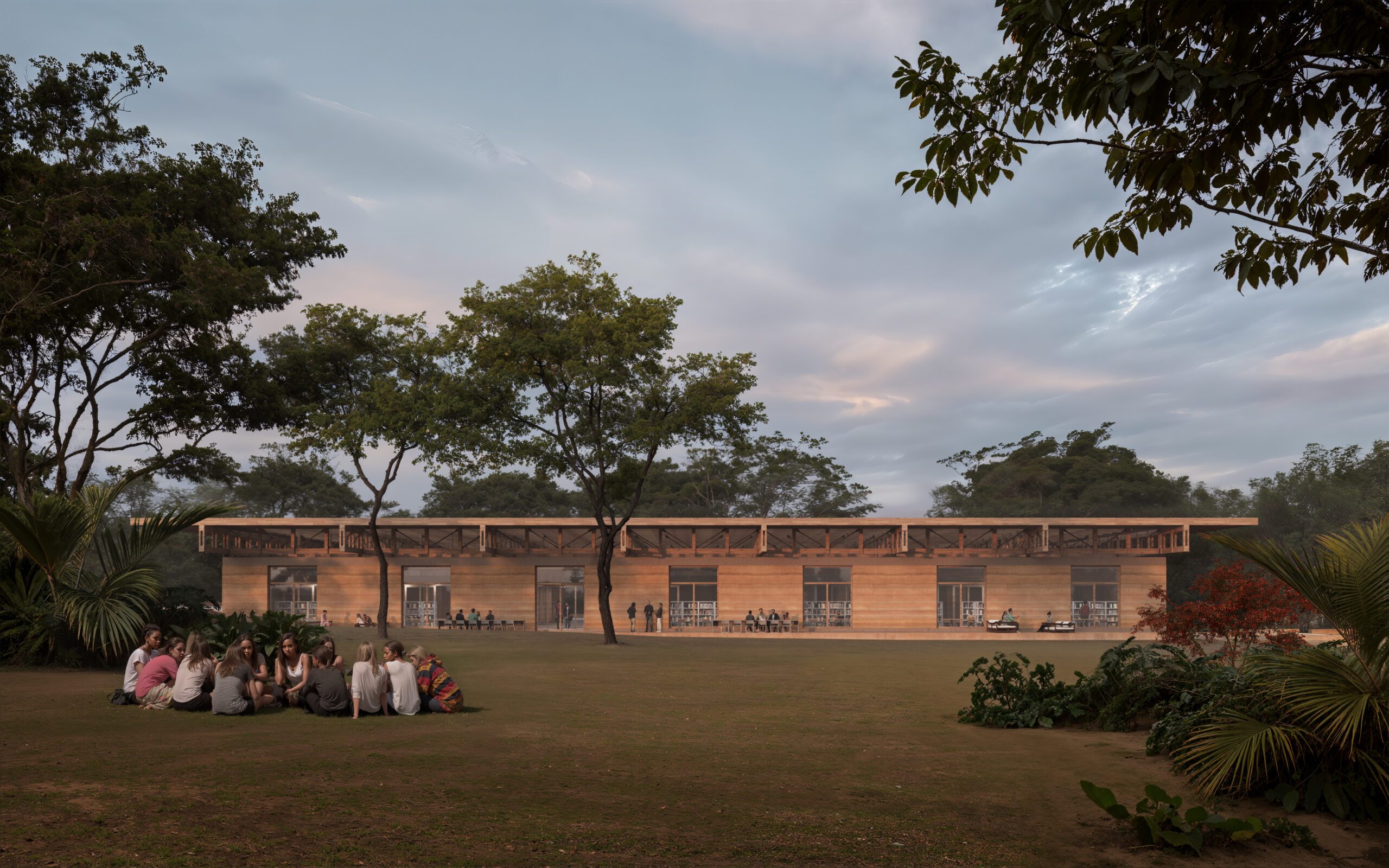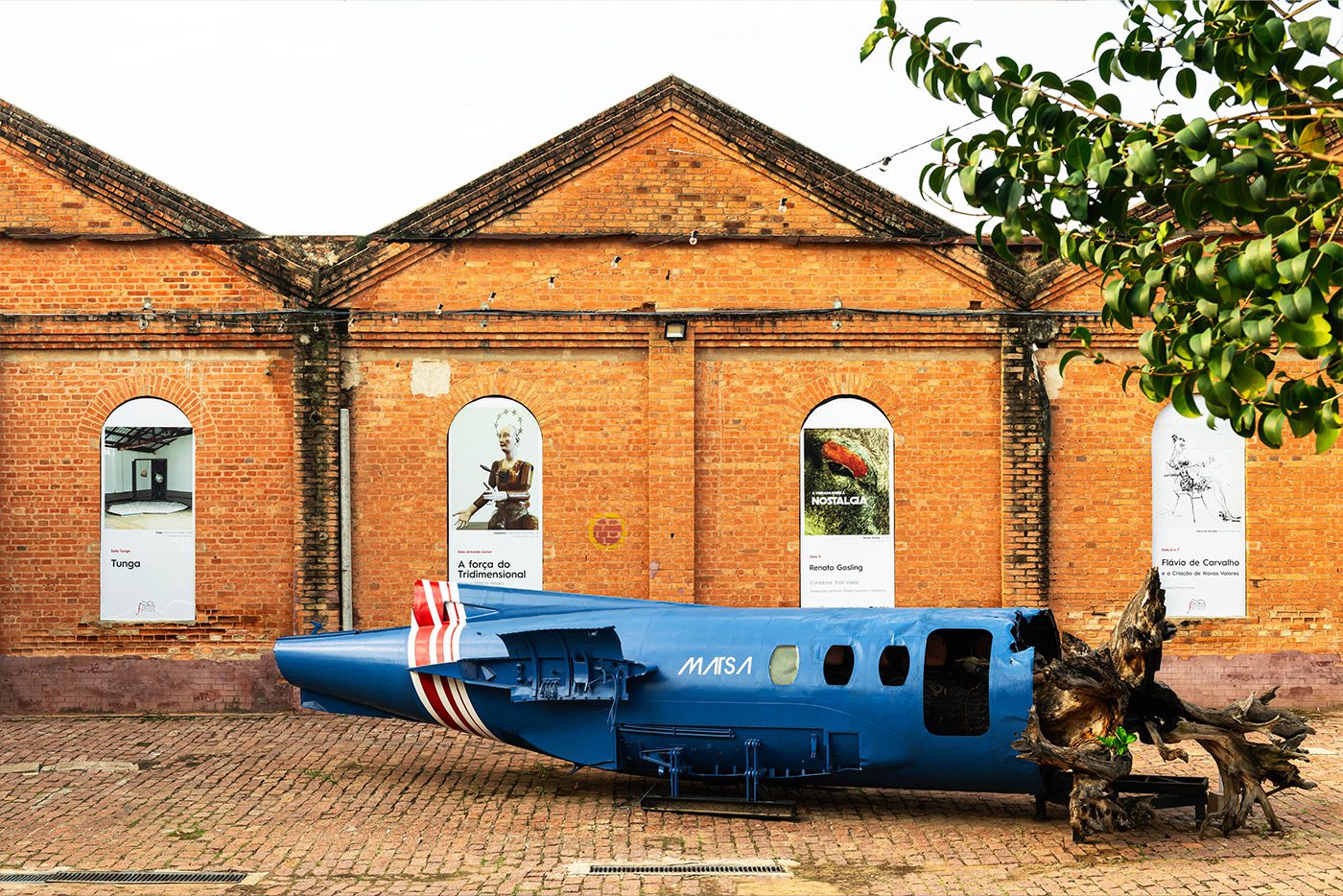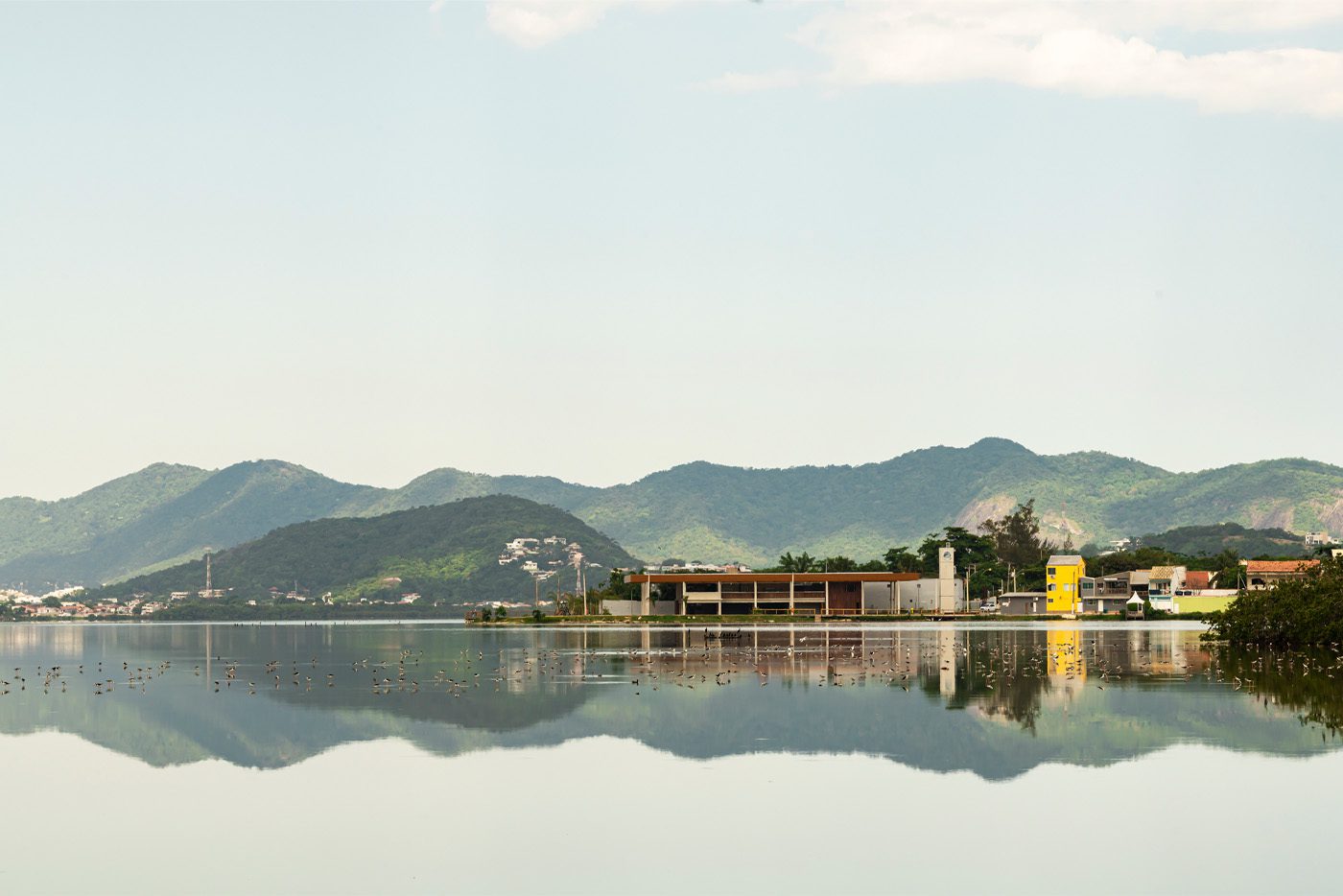Project implementation: Brazil
Project development: Brazil
KAAN Architecten: Building for People, Nature and Future Generations
Our field is constantly evolving. Architecture is increasingly taking on a deeper social meaning and actively contributing to the well-being of people and nature. We don't just focus on building design, but recognize that each intervention directly impacts our planet's ecosystem and climate. In this way, we are building a future in which architecture makes a real difference to both society and the world around us.
A good building requires more than design skill; it requires awareness of sustainability, social value, and environmental impact. No architect can achieve this alone—it requires collaboration, openness to the community, and input from diverse experts. Advances in materials technology, climate adaptation, building systems, construction methods, and cultural history all play a vital role. Equally important is how a building is received by its residents and users, as valued and appreciated spaces are preserved and passed on, extending their intrinsic useful life and ultimately making them more sustainable.
In our projects, we seek to bring all these factors together and make informed choices. On the other hand, we seek value in obsolete buildings, which often serve as the foundation for their transformation into the future. For us, a good project always begins with a strong narrative, one in which everyone involved believes and in which each participant can offer valuable input.
At the 14th São Paulo Architecture Biennial, KAAN Architecten presents three projects that explore the relationship between architecture, landscape, and memory: the Eco-Museum and Orla Piratininga Park in Niterói; the Marcos Amaro Art Factory (FAMA) in Itu; and the Lagoa do Sino Library at UFSCar in Buri, São Paulo. Different in scale, program, and context, the projects reveal a common approach: understanding architecture as an ongoing process, attentive to the transformations of the territory, cultural heritage, and possibilities for social coexistence.
The Eco-Museum acts as a catalyst for environmental regeneration and social inclusion, serving as a community forum, educational space, and a landmark for valuing biodiversity. This structure is part of the Piratininga Waterfront Park, developed under the leadership of Phytorestore, the largest phytoremediation project in Latin America, restoring 720,000 m² of the lagoon through filter gardens and new public areas.
The renovation of the Marcos Amaro Art Factory revives the memory of an early 20th-century industrial heritage site, listed by CONDEPHAAT, and transforms it into a dynamic cultural hub. The masterplan embraces time: ruins and historical layers coexist with new structures, preserving authenticity and nurturing creative processes.
UFSCar's Lagoa do Sino Library, developed in partnership with Triptyque, establishes itself as the campus's core. Combining a plaza, auditorium, and offices, the building combines traditional construction techniques, such as rammed earth, with contemporary wood solutions. The result is a sustainable, permeable, and socially active space that values local knowledge and fosters community identity.
Together, the three projects highlight the diversity and coherence of KAAN Architecten's practice: from heritage restoration to sustainable innovation, from the territorial to the everyday. All reaffirm the conviction that architecture should foster encounters, strengthen bonds between people and landscapes, and design possible futures based on attentive listening to the present. In this way, together, we are building architecture that is not only functional and aesthetic, but also socially valued and resilient.




